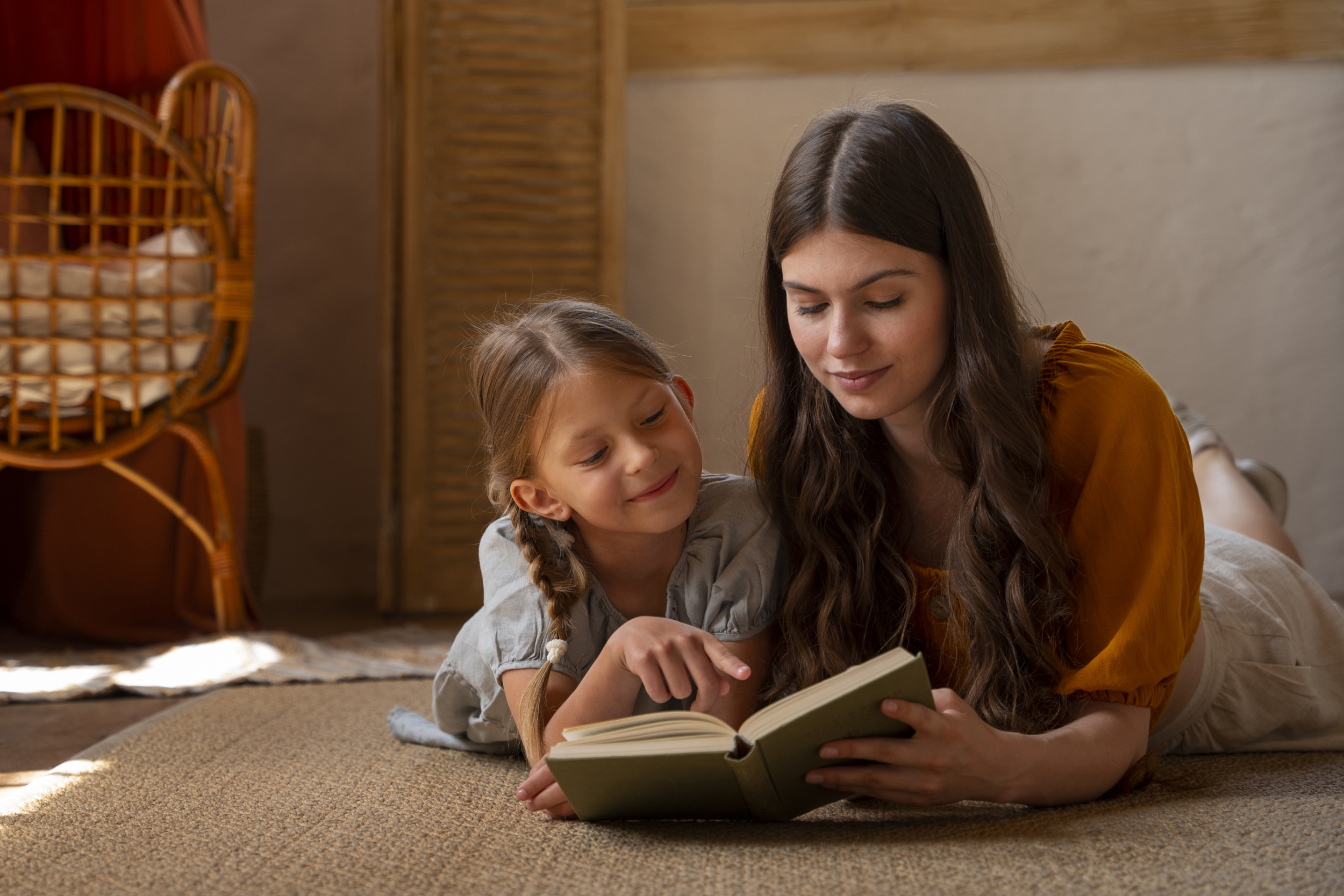Do you read aloud to your children? This simple yet meaningful experience of connection between parents and caregivers can have lasting benefits. A recent recommendation from the American Academy of Pediatrics (AAP) emphasizes that reading together not only strengthens family bonds but also promotes brain development in young people.
Latest update policy statement The American Academy of Pediatrics recommends “literacy as a universal primary prevention strategy to strengthen families and support healthy development.”
This policy statement was published on Pediatrics It is recommended that parents and caregivers start reading with their children from birth and continue at least through kindergarten, including in the neonatal intensive care unit. This practice supports language, cognitive, and social-emotional development in early childhood. Evidence shows it improves school readiness and aids early brain development. Reading with children also contributes to positive childhood experiences that enhance early relationship health.
“Reading with young children brings joyful language and rich interactive moments into daily life. As a pediatrician and parent, I recommend making books a bedtime routine, using them to connect and relax after a busy day, and Construct them holistically to live with your young child, and it will strengthen your bond and nurture your child's developing brain. explain Dr. Perri Klass, lead author of the policy statement.
“Research tells us that reading proficiency in third grade is an important predictor of high school graduation and career success. When children are first exposed to books in the arms of their parents at a very young age, they begin to read them when they arrive at school. Books and connection with reading on lap.
Experts particularly emphasize the importance of reading, especially as children are increasingly exposed to screen time and electronic devices become more prevalent in daily life. Pediatric experts say digital books do not encourage parent-child interaction like traditional books. If screen reading or audiobooks are used, parents should interact with their children during these activities to strengthen bonding and promote learning.
“There is nothing better than flipping through a high-quality print book filled with colorful pictures and rich, expressive language. While touch screens and other electronic devices may be popular, they are often passive or isolating for children. experience, and does not provide the same benefits, said Dr. Dipesh Navsaria, chair of the Early Childhood Commission and co-author of the technical report.


